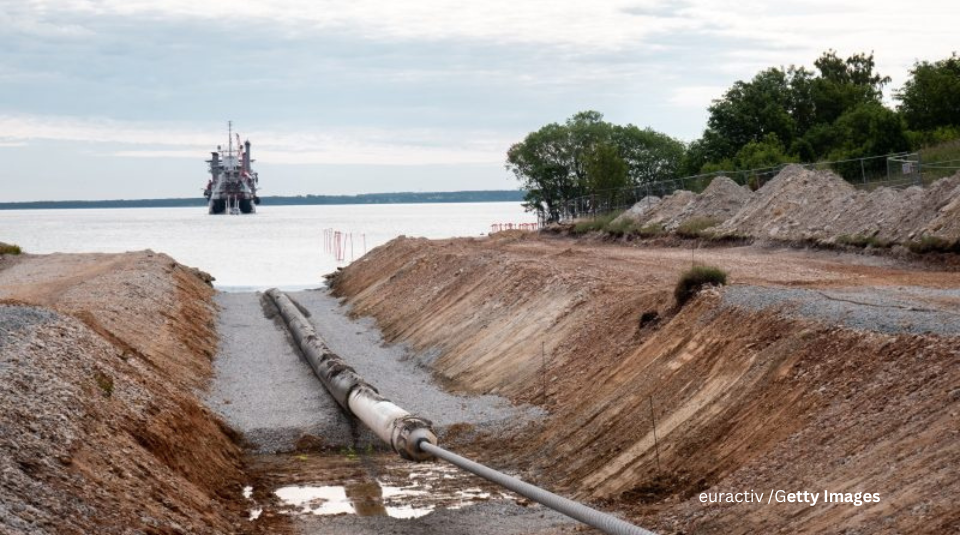The Finnish government reports that there are suspicions that the damage to an undersea gas pipeline and a telecommunications cable connecting Finland and Estonia underneath the Baltic Sea may have been intentional. A crucial link in the energy grid, the Baltic connector gas pipeline, was shut down because of worries that gas was seeping out of a breach in the pipeline. It may take months or maybe longer to remediate this damage, according to estimates.
The president of Finland, Sauli Niinisto, has stated that it is likely that outside forces damaged the communication connection and the gas pipeline. However, Finland and Estonia are cooperating to find the truth as the precise origin of the damage is still being investigated.
The security of vital infrastructure in the Baltic Sea region has come under scrutiny in light of this occurrence. It is noteworthy because it comes after other instances in the area, like the intentional destruction of the Nord Stream gas pipes in 2022 that connected Germany and Russia. These events highlight how crucial it is to protect critical infrastructure, particularly in an area where geopolitical unrest and worries about energy security are still present.
After becoming online in December 2019, the Baltic Connector Pipeline is essential to the integration of the gas markets in the area. It offers more flexibility in terms of gas delivery to Finland and the Baltic countries of Estonia, Latvia, and Lithuania. Even in the winter, Elering, the operator of the Estonian gas system, and Gasgrid, the operator of the Finnish gas system, have stated that they do not expect gas shortages despite the pipeline being shut down.
The pipeline runs from the Gulf of Finland, which empties into Russian seas, to the port of St. Petersburg. This geographical feature complicates matters further by raising concerns about possible damage sources and wider ramifications for Baltic Sea energy security. Although sabotage hasn’t been ruled out as a specific cause as of yet, the rapid drop in pipeline pressure points to a serious break rather than a little problem. This highlights even more how important it is to conduct a comprehensive inquiry in order to identify the precise cause and party responsible for the harm.
International conversations have been sparked by the occurrence, and NATO Secretary General Jens Stoltenberg has offered assistance to the impacted allies and stated that NATO is eager to exchange information on the harm. International cooperation and vigilance are essential in resolving these security problems, given the strategic significance of energy infrastructure in the Baltic Sea region.
All things considered, this tragedy is a clear reminder of the weaknesses in the Baltic Sea region’s vital infrastructure and the necessity of ongoing measures to strengthen its security. For regional stability and global energy markets, protecting critical infrastructure becomes more crucial as long as geopolitical tensions continue and energy security is prioritized.
Follow us on social media: Instagram, Threads & Twitter @nya360_ YouTube & Facebook @nya360.





